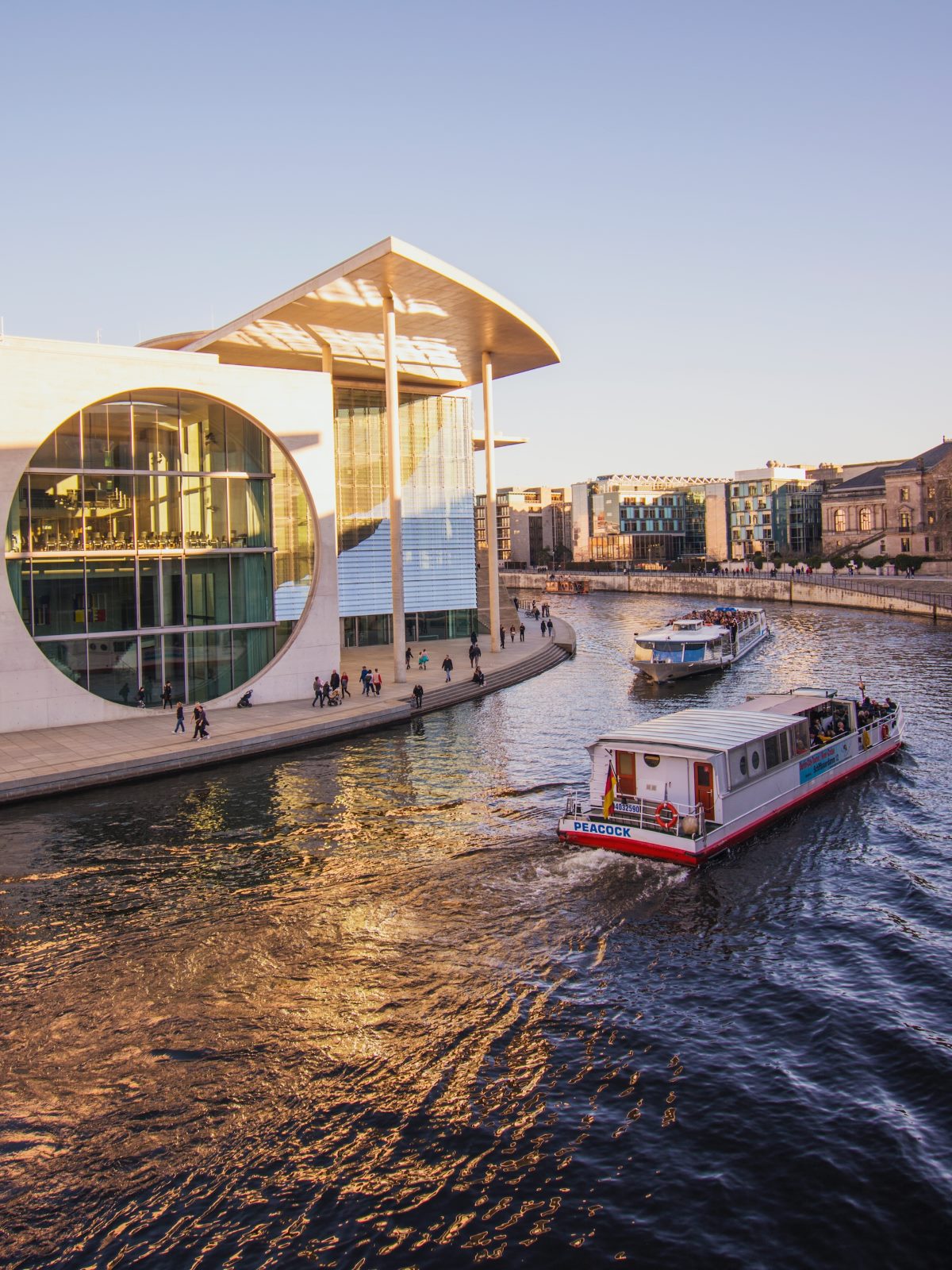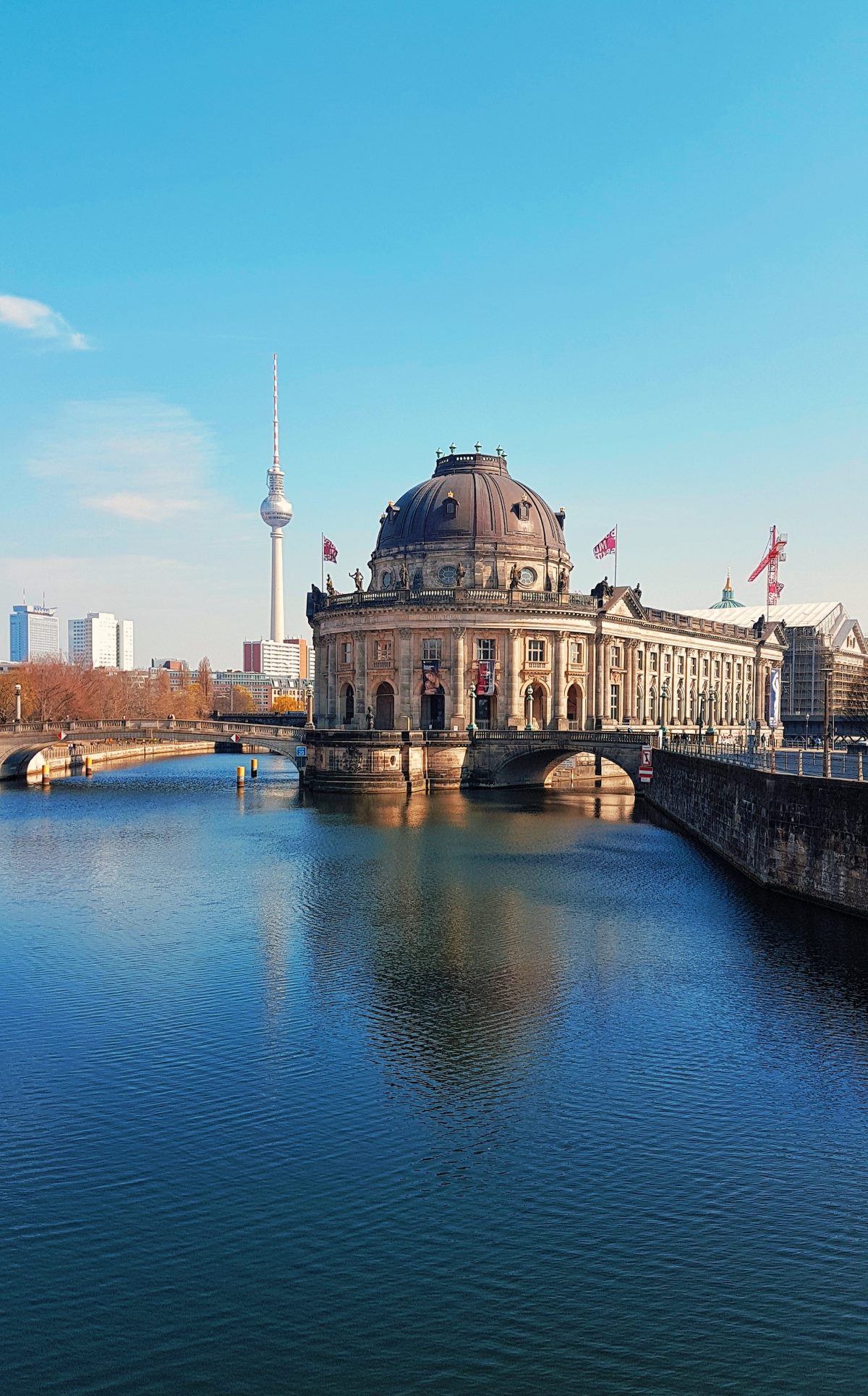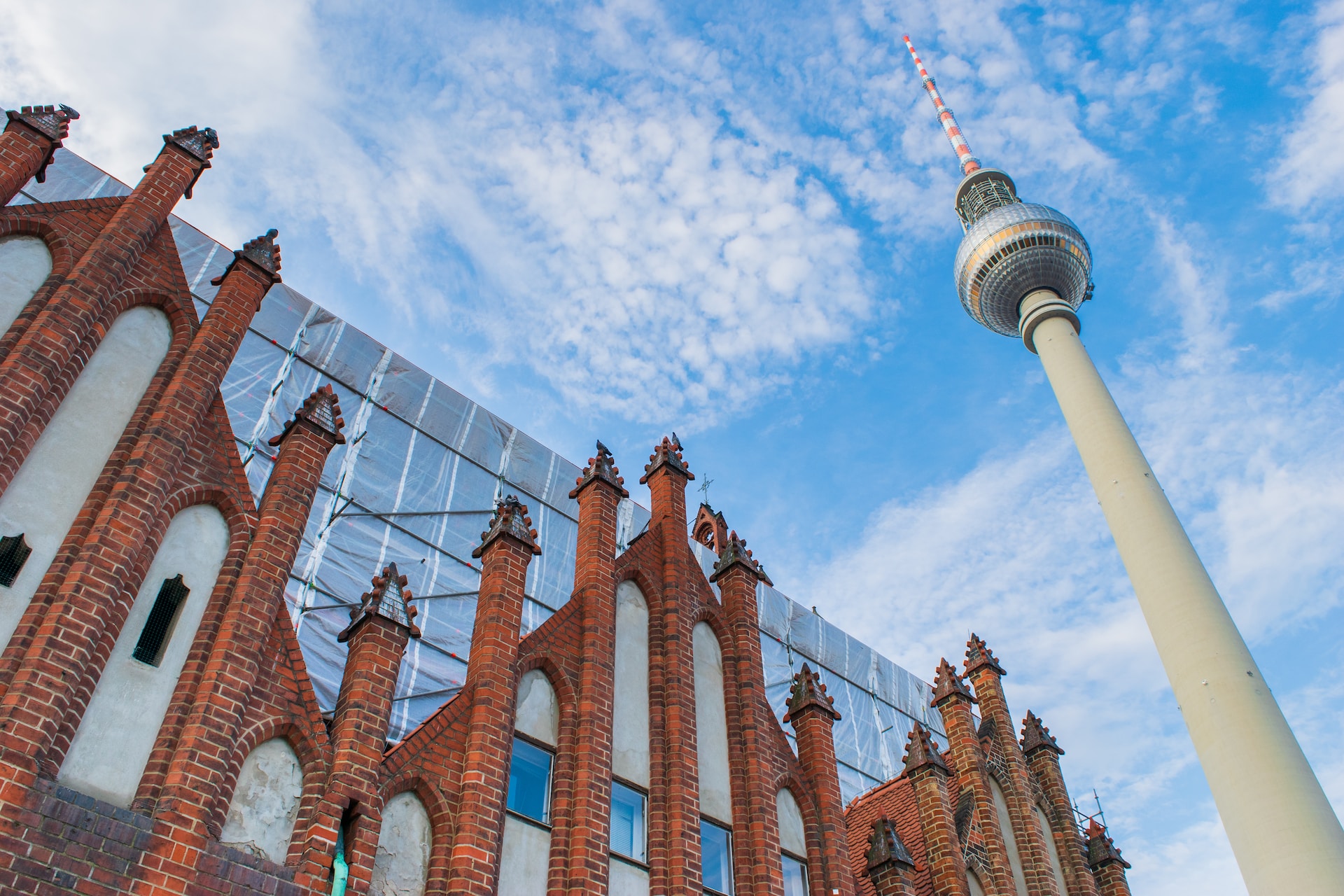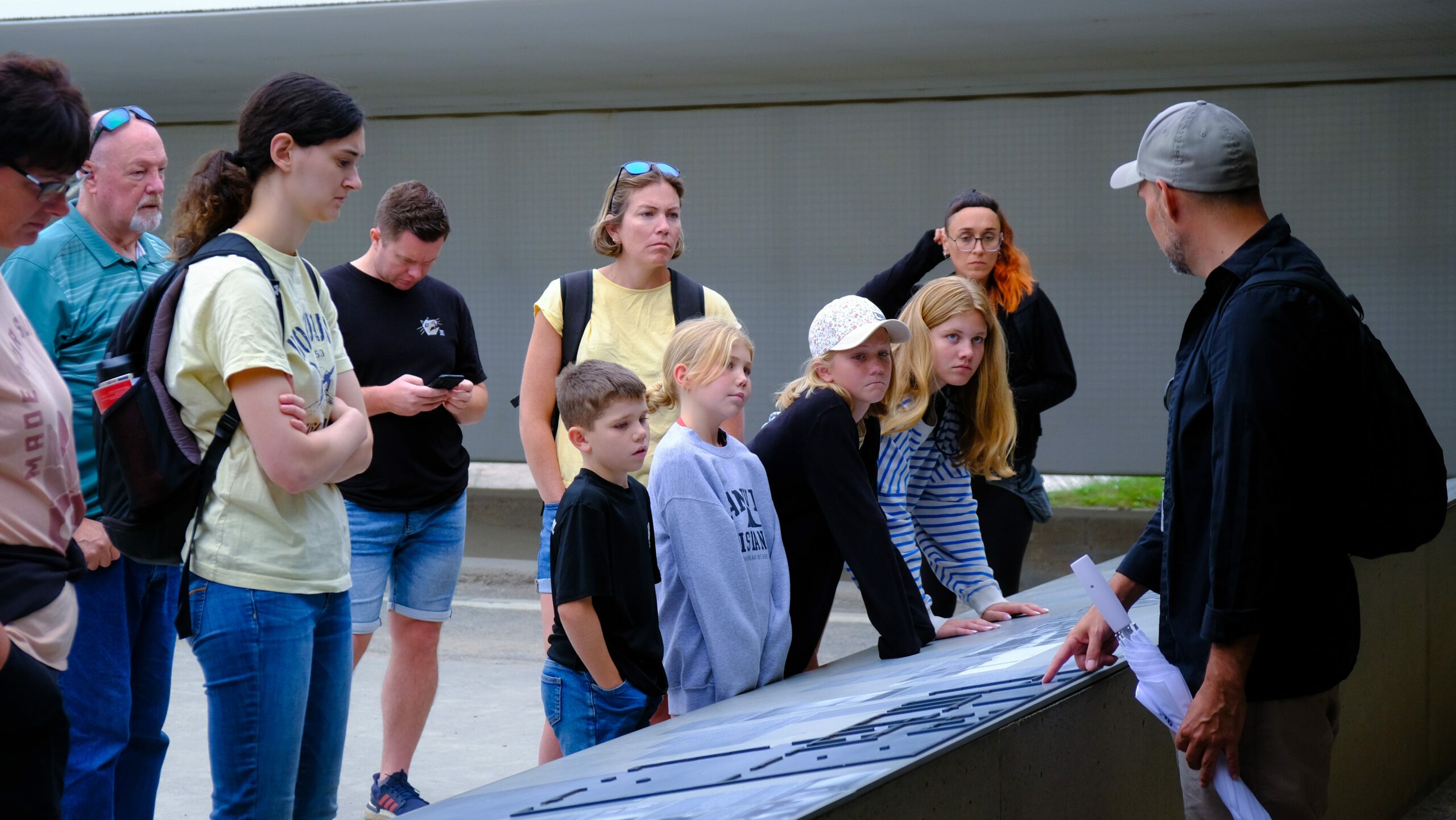Sachsenhausen is a concentration camp memorial site near Berlin that provides an opportunity to visit the dark, harrowing history of Nazi Germany. This blog post is for absolute beginner on sachsenhausen, how important it is, and how to a meaningful tour to sachsenhausen.
What is Sachsenhausen and why is it a point of interest?
Nazi concentration camp Sachenhausen was established in 1936 as one of the first that the Nazis set up. With just outside Berlin’s border, Berlin to be specific, its purpose was primarily as a model camp and SS training facility. It was used in political imprisonment, servile labour and the extermination of prisoners.
Activities at Sachsenhausen during World War II were among the most notorious of those associated with the Holocaust. It is a place that symbolizes the horrors and atrocities of the Nazis, so it is a place which anyone trying to take in that dark time in history must visit.
Planning your visit to Sachsenhausen
After a never ending but of course fascinating Sachsenhausen tour, here are a few key points to remember before your trip.
1. Location and accessibility
Public transportation can easily take you to Sachenhausen which is about 35 kilometers from Berlin. Train and bus are available from different locations in Berlin and the journey will take around 40 minutes.
2. Opening hours
Memorial site is open every day but December 24th and 31st from 8:30 am to 6 pm. But you should always be in the habit of checking out their official web page for changes, etc in opening hours.
3. Guided tours or self-guided exploration
Sachsenhausen can be toured on one’s own but a guided tour provides a more rounded and in depth understanding of the camp and its history and relevance. There are knowledgeable guides to provide insights, answer questions and give context that make it more enjoyable.
As far as you are aware, what to expect during your visit
Upon arrival at Sachsenhausen, you will come upon a memorial site that has been well preserved as a testimony to the atrocities committed in the Second World War. The tour is covered here by some key elements.
1. The Appellplatz and Guard Towers
Step through the entrance through the heraldic and wrought iron door and you are on the Appellplatz, or roll-call square. This was the major area where prisoners were brought to be counted many times during the course of the day. Everywhere around the square were the guard towers of the oppressive regime.
2. Barracks and Exhibitions
Rebuild the barracks that may give an impression of the lives of the prisoners. Now, some of the buildings are used for exhibitions to portray the history of the camp and that shows photos, personal testimonies and items.
3. The Crematorium and the Pathology Laboratory
The mass executions and human experiments in Sachsenhausen are recorded in the crematorium and the pathology laboratory. Emotionally hard, these areas are also sobering because they give a hint at the camp’s darkest activities.
4. The Station Z and the Monument
Another camp was designated for mass shootings and other methods of execution of prisoners; it is called station Z. The Monument is a place for reflection and remembrance of the thousands of people who died in Sachsenhausen and is located nearby.
Tips for a meaningful visit
1. Expect an emotional experience
It is emotionally challenging to visit Sachsenhausen. Mentally prepare yourself for the atrocities you are going to see and be respectful of the solemn environment.
2. Good walking shoes and appropriate clothing
It is a fair amount of walking in and out of Sachenhausen, so wear comfortable shoes. It also serves as a place of remembrance, and should that include dressing appropriately to show the solemn proximity of the site.
3. Absorb the atmosphere; take your time
Leave enough time for you to see the whole area at your own speed. If you need to take breaks, do so and allow yourself time to absorb the history and feel of Sachsenhausen.
4. Use educational resources available
Immerse yourself in the camp’s stories and the stories of those who lost their lives here by making use of the provided resources, such as audio guides and information boards.
In conclusion
Visiting Sachsenhausen Berlin is a profound and powerful experience of visiting the past and making sure that the horrors of the Holocaust never forget. Through planning your visit, learning about the importance of the site and respect for the meaning that the site holds in preserving those who survived and afflicted by this dark page in the human history, it is possible to truly appreciate the meaning of Sachsenhausen.
Table of Contents




